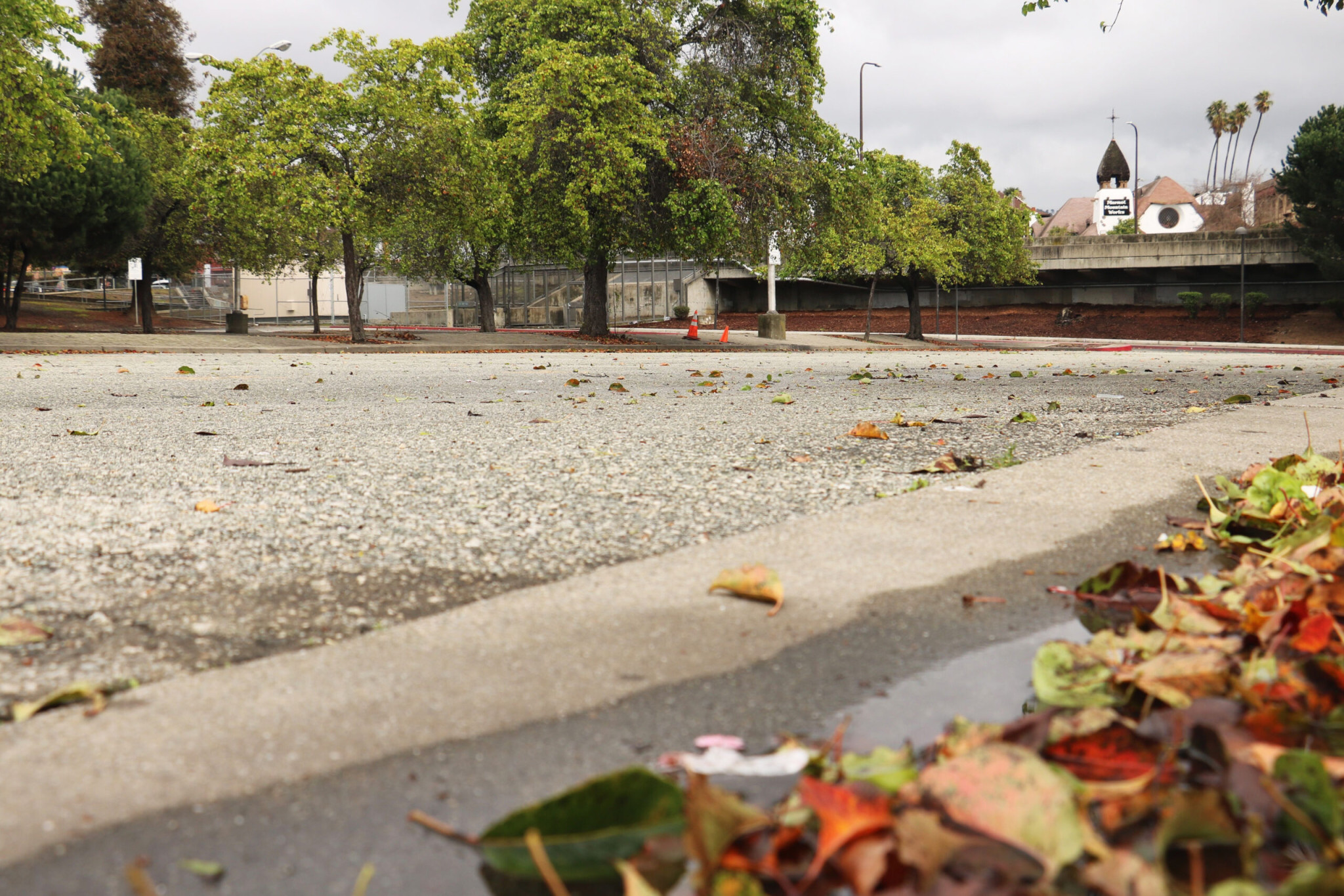The Berkeley Flea Market, which has taken place on Saturdays and Sundays at the Ashby BART Station parking lot since 1973, will be shutting down this February and March due to financial struggles. According to the organization that runs the Berkeley Flea Market, Community Services United (CSU), some of the factors that contributed to the closure are a decrease of attendance to the market and gentrification in the surrounding area. At the end of the closure, the market may relocate to Adeline Street as a strategy to increase visibility and foot traffic to the market.
The flea market has long been known as a Berkeley institution that provides a source of income to homeless and low-income vendors, as well as a gathering place for people of different backgrounds. Vendors sell a large variety of products such as antiques, household goods, handmade jewelry, and crafts. However, many feel that the decrease in customers and vendors in recent years has taken away from the spirit the flea market once had.
Members of CSU have also cited gentrification as one of the main reasons for the market’s decline. According to the Bay Area Census from 1970 to 2010, the Black population in Berkeley dropped from 23.5 percent to 10 percent. The average price of properties and annual income in the Bay Area have also skyrocketed in recent years. Members of CSU believe that this whiter and more affluent community that now make up south Berkeley are less likely to attend the flea market.
The CSU also believes an increase in the costs of running the flea market is a reason for the closure. The CSU’s expenses include monthly payments to BART in order to hold the market at the Ashby Station parking lot, as well as other expenses necessary to keep it running. The flea market earns income from fees paid by vendors. Because of this, when the market is forced to close on the weekends due to poor air quality and rain they make a smaller profit while still having expenses to pay. The CSU launched a GoFundMe page for the flea market last December.
One of the potential consequences of closing the flea market is the impact it may have on vendors who rely on it as a part of their livelihood. However, some vendors say the market hasn’t been as profitable as it once was for some time. While attendance and revenue have continued to dwindle, the CSU recently raised the fee for vendors.
“They recently increased the price to sell at the market, which is now $35. They should lower it so that more vendors would come,” said Fernand Panhuise, a vendor who sells handmade tables and shelves.
Some vendors are unsure if they will continue to sell at the flea market should it reopen. The city is currently working on plans for the future of Adeline Corridor that may include developing low-income housing where the Berkeley Flea Market was held, which could force it to move. However, these plans have been met with backlash and concern from surrounding communities that development will lead to more gentrification in the area.
“If the flea market moves locations to a prominent area, maybe I would continue to sell there. But if they move to an area where I feel that it’s not feasible for me to be there, I probably wouldn’t,” said Bobbie a vendor who sells pillows and did not want to disclose their last name.
The CSU’s plans for the future of the Berkeley Flea Market, should it reopen, include opening a farmers market and flea market, a Junior Market Workforce Development Program, and an African Market Place. Over the next months, the CSU hopes to make the changes necessary to improve the market and allow it to stay open.





